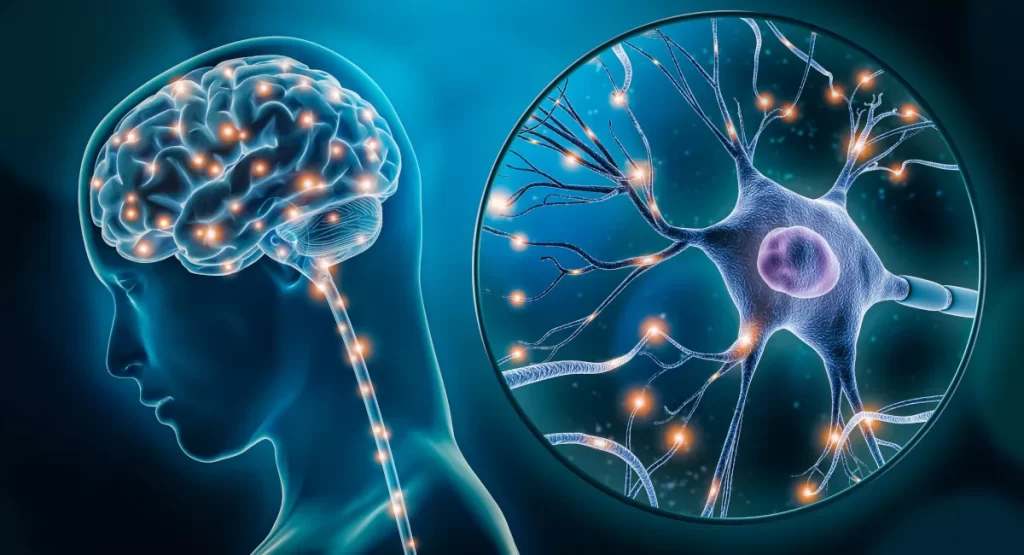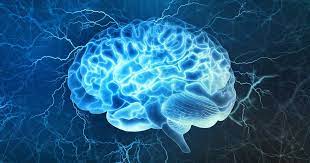In this blog titled “New Research into the Human Brain and Neuroscience,” we explore the complexity and fascination of the human brain. Over the years, significant progress has been made in understanding its functions.

However, recent research in the field of neuroscience is expanding our knowledge of the brain and pushing the limits of our understanding. The implications of these discoveries are vast and far-reaching, with the potential to revolutionize our understanding of human cognition and behavior.
Table of Contents
What is Neuroscience?
Neuroscience is the study of the brain and nervous system. It is an interdisciplinary field that draws on knowledge from biology, chemistry, physics, psychology, and other disciplines. Neuroscience researchers study everything from the molecular and cellular processes that govern brain function to the neural networks that underlie human behavior and thought.
Recent Advances in Neuroscience Research
Brain-Computer Interfaces (BCIs):
BCIs allow individuals to control devices using their brainwaves. This technology has the potential to help people with disabilities regain control over their bodies and could even allow individuals to communicate with each other using only their thoughts.
Artificial Intelligence (AI) and Machine Learning:
AI and machine learning algorithms are being used to analyze large amounts of data from brain scans and to help researchers identify patterns and connections that were previously unknown.
Neuroplasticity:
Neuroplasticity is the brain’s ability to change and adapt in response to new experiences. New research has shown that the brain’s ability to change is much greater than previously thought, and that it is possible to train the brain to improve cognitive function and memory.
Brain Development:
Research into brain development has revealed the critical importance of early childhood experiences in shaping the brain’s structure and function. This research has important implications for early childhood education and development programs.
Brain Stimulation:
Electrical and magnetic stimulation of the brain is being used to treat a range of neurological and psychiatric disorders, including depression, anxiety, and chronic pain.
Connectomics:
Connectomics is the study of the brain’s neural networks. Researchers are using new technologies to map the brain’s connections, and this research has the potential to help us better understand how the brain processes information and how it gives rise to human behavior and thought.
Ethical and Societal Implications of Neuroscience Research
As with any new technology, the field of neuroscience research raises important ethical and societal implications. These include a range of key concerns, such as the potential for privacy violations. And data misuse, the risks of unintended consequences and unforeseen ethical dilemmas. And the need to ensure that scientific advances are translated into positive outcomes for society. Additionally, there are concerns about the fairness and equity of access to new neuroscientific discoveries. And the possibility that these advances may exacerbate existing social inequalities. Given the enormous potential of neuroscience research to impact human health. And well-being, it is critical to take a thoughtful and nuanced approach to addressing. These ethical and societal implications, and to engage in ongoing dialogue and debate with all stakeholders.
Privacy:
Advances in neuroscience research are making it increasingly feasible to read people’s thoughts and emotions using brain scans. While this capability holds significant potential for enhancing our understanding of the human mind. It also raises serious concerns about privacy and the ownership of personal information. As this technology advances. It is critical to consider the ethical and legal implications of brain scanning. Particularly with regard to issues such as informed consent, data protection, and the potential for misuse. Ultimately, the goal should be to harness this technology in a way. It respects individuals’ right to privacy and autonomy over their own thoughts and emotions.
Enhancement:
Neuroscience research has the potential to enhance cognitive function and memory. But it also carries the risk of creating “superhumans” and exacerbating existing societal inequities. While the prospect of cognitive enhancement is exciting. It is essential to approach this research with caution and to consider the potential consequences. As this field of research progresses, it is important to consider the ethical and social implications of utilizing these technologies. The goal should be to use neuroscience research to create a more just and equitable society, where cognitive enhancement is not only available to the privileged few but is accessible to everyone.
Control:
Brain-Computer Interfaces (BCIs) offer a fascinating prospect of enabling individuals to control devices using their thoughts. This technology holds tremendous potential for improving the quality of life of people with disabilities. However, the implications of BCIs also raise significant questions about control and autonomy. As this technology advances, it is important to consider the ethical and social implications of its use. The ultimate goal should be to create a world where the benefits of BCIs are harnessed while ensuring individuals retain control and autonomy over their own bodies and minds.
Neuroscience and Criminal Justice:
Neuroscience research is playing an increasingly significant role in unraveling the underlying mechanisms of criminal behavior. While this research offers the potential to enhance the effectiveness of criminal justice outcomes, it also raises significant questions about the role of neuroscience in determining criminal culpability and punishment. As this research progresses, it is important to carefully consider the ethical and social implications of utilizing neuroscience findings in the criminal justice system. Ultimately, the goal should be to use this research to create a more just and equitable system of criminal justice.
Human Brain and Neuroscience Conclusion
In conclusion, new research in the field of neuroscience is expanding our knowledge of the human brain, and this progress has the potential to enhance human health and well-being. Nevertheless, these advances also raise significant ethical and societal concerns. Therefore, as we learn more about the brain and its functioning, it is crucial to approach this research with caution and carefully evaluate its potential risks and benefits. Ultimately, the goal of neuroscience research should be to improve human health and well-being in an ethically and socially responsible manner. If you would like to learn more, please visit the following link.

